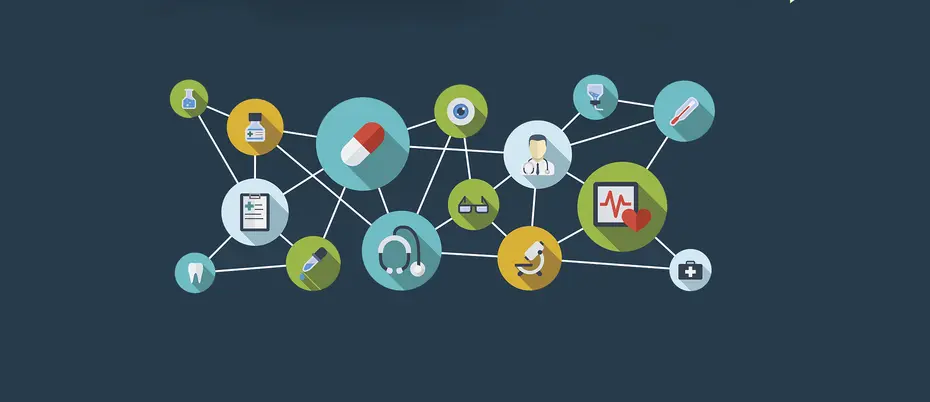Health Care
In health care data, a gap between point of care and everything else
The data used to make critical health care decisions comes from the point of care — when a patient is at the doctor’s office or in the hospital. While this data is valuable, it paints an incomplete picture, since the data about where patients live, eat, work, and spend their free time provides far more insight into their current health status, as well as what conditions or diseases they are likely to develop years down the road.
“How do we get a complete picture of social, behavior, and ecological data in patients’ day-to-day lives — all the stuff that we are essentially blind to?” A.G. Breitenstein, chief product officer at Optum Analytics, said in an interview at the Feb. 24 Sloan Healthcare and Bioinnovations Conference.
Harnessing this data will transform health care, allowing medical professionals to focus on the highest-impact procedures while letting machines perform the bulk of medicine’s if-then diagnoses and treatments.
“At the end of the day, with the exception of the craft of surgery, everything else is just data and algorithms, and humans are bad at applying algorithms of medicine,” Breitenstein said. “There are opportunities to take that work away from clinical staff.”
Partnership a must to reduce inefficiency and waste
Clinical staff could use the help. Health care in the United States is fraught with inefficiencies that lead to duplicative services, poor care quality, higher costs, and fraud, not to mention what has been described as an “epidemic” of physician burnout. It’s estimated that more than one-third of the nation’s $3.2 trillion in health care spending is wasteful.
Thousands of companies aim to address these issues through the use of digital health tools. These companies range from Optum, the parent company of Optum Analytics and a subsidiary of UnitedHealth Group, an insurer that covers 70 million Americans, to Rendever Health, the MIT-based startup using virtual reality to improve life for seniors in assisted living facilities that won the conference’s $25,000 Sloan Healthcare Innovations Prize.
If Optum were its own company, it would rank No. 31 on the Fortune 500 list, just ahead of IBM, Optum CEO Larry Renfro said in the event’s closing keynote. Despite its size, Renfro said, Optum needs partners to address health care’s various challenges.
Optum Analytics CEO Michael Weintraub and Optum CEO Larry Renfro at the Feb. 24 Sloan Healthcare and Bioinnovations Conference
Optum Analytics CEO Michael Weintraub and Optum CEO Larry Renfro at the Feb. 24 Sloan Healthcare and Bioinnovations Conference.
Optum Ventures, launched last year, helps the company find and fund startups pursuing innovations that address the needs of Optum’s customer base. Renfro said this investment strategy — similarly pursued by the venture capital arms of health care companies ranging from Takeda to the Blue Cross and Blue Shield Association — is about “trying to be 500 speedboats, not the Queen Mary.”
Opening the “black box” of health care data
Health plans, hospitals, and other large health care organizations often struggle to innovate. Senior executive teams that see digital health as a way to drive competitive advantage are “few and far between,” said Sukanya Soderland, a partner in the health and life sciences division of global consulting firm Oliver Wyman. “Not one person has had a rose pinned on them to drive initiative forward.”
Gaining executive and board buy-in may mean changing the message, AiCure CEO Adam Hanina said. To sell health care leaders on the benefits of his firm’s medication adherence product, Hanina said he stopped speaking in technical terms and instead asked, “Do you have any idea how many of your patients take their medications?”
This type of insight into patient behavior outside the health care system, but also available at the point of care, will make it possible to convert health care into what Breitenstein described as a “data-driven, algorithmically driven, probabilistically accurate system.”
Beyond addressing waste and inefficiency, a data-driven system will provide patients and medical professionals the same customer experience they have come to expect from the airline, banking, and e-commerce industries.
“Consumers are now used to good information about how everything works,” Breitenstein said. “They are no longer tolerant of the ‘black box’ that is health care.”





